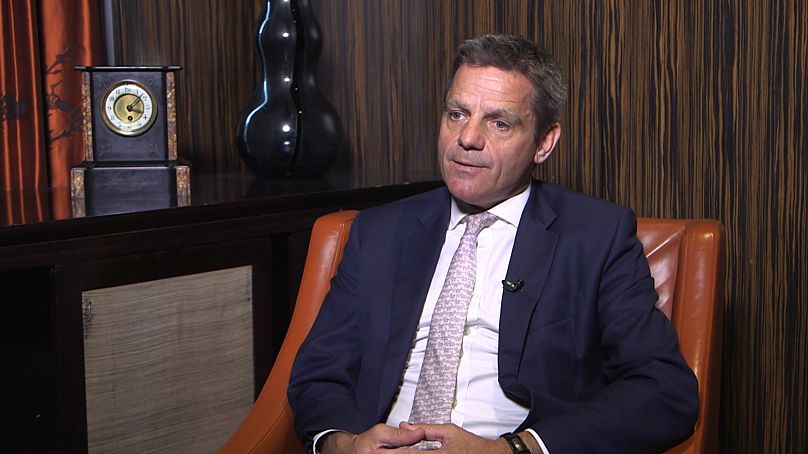The United Kingdom has officially left the European Union on 31 January and, being free to negotiate its own trade deals, regions like the Middle East are looking like a new exciting, investment arena.
The United Kingdom has officially left the European Union on 31 January and, being free to negotiate its own trade deals, regions like the Middle East are looking like a new exciting, investment arena.
 ADVERTISEMENT
ADVERTISEMENT
 ADVERTISEMENT
ADVERTISEMENT
The new trading arrangements will be effective from 31 December, once the Brexit transition period is over.
Chris Doyle, director of a non-profit organisation working toward UK and Middle East policy, believes that on the meanwhile Britain will be capitalizing on well-established ties to generate pacts.
“Britain has always had an historic relationship with GCC states,” says Doyle. “I think there will be lots of efforts to remind them that although we’ve had a very bumpy 12 to 18 months in Britain, now we are open to business and that Britain is back in the game.”
Gulf countries are the UK’s second-largest export market
Whilst bilateral trade agreements can take years to negotiate, many countries in the Middle East have relatively low barriers to trade.
So, despite no official free-trade deals, many businesses find it easy to operate.
Outside the EU, the GCC is the UK’s second-largest export market behind the U.S.
Last year the total trade in goods and services accounted for 54.8 billion US dollars, according to British government figures.
“There are sectors going forward, things like tech, things like health care, like automation and transportation, that are going to drive the way communities and countries evolve,” tells Simon Penney, the UK’s Trade Commissioner in the Middle East. “The UK is keen to partner with the Middle East, and the Gulf as it embarks on that same journey.”
With the hopes of developing this relationship further, the British government established a dedicated UK Export Finance team in the United Arab Emirates in 2018.
According to Penney, over 30 billion pounds worth of financial support are available for different projects in the Middle East.
“The reason we do that is not only to provide, funding support for the respective countries, but also allows UK companies providing goods and services to get involved in projects that may not ordinarily, get involved in,” the commissioner explains.
Bringing UK companies to the region
With the pressure on, to make Brexit a success, the UK government launched a global campaign aimed at attracting foreign-trade partners.
Ministers and diplomats have been creating opportunities for UK companies.
Last year, a British company that distils seawater into freshwater joined the UK's Trade Mission to Saudi Arabia.
Only nine months later, Solar Water signed multi-million-dollar contracts with Saudi Arabia and Jordan.
“UK technology is being recognised by the Middle East as something that can be extremely helpful, to their economy’s thriving and their communities thriving,” says the company’s CEO, David Reavley.
The clock is ticking on how many trade pacts the UK can make before the transition period ends, and some might view this figure as a measure of her future success or failure.













